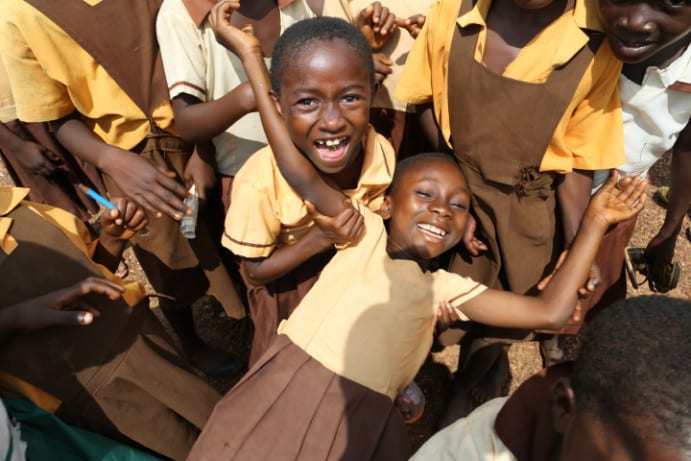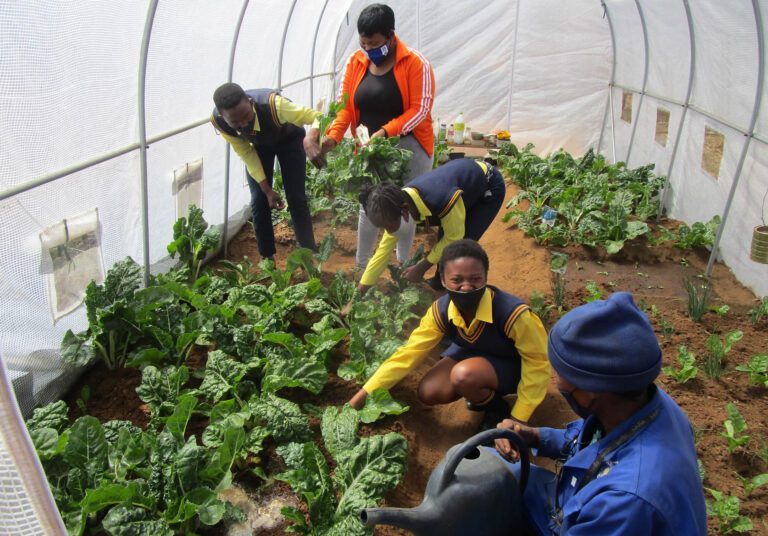Exploring Gender Equality in Southern Africa: A Practical Feminist Approach Through Case Studies
Introduction to Gender Equality in Southern Africa
In the vast and diverse landscape of Southern Africa, gender equality emerges as a pivotal issue, woven into the socio-economic fabric of its societies.
The region, rich in culture and history, has been on a transformative journey, seeking to dismantle the deeply entrenched patriarchal norms that have historically marginalised women and other gender minorities.
This exploration into gender equality is not merely an academic or political endeavour; it is a necessary evolution towards realising the full potential of its nations. Within this context, a practical feminist approach offers a pathway to understanding and addressing the nuances of gender disparities, advocating for solutions that are both inclusive and effective.
The quest for gender equality in Southern Africa is multifaceted, involving various sectors such as education, employment, healthcare, and political representation. Despite significant progress in some areas, challenges remain, with disparities manifesting in different forms across countries.
The complexity of these issues requires a comprehensive understanding, one that acknowledges the unique cultural, economic, and political landscapes of the region.
By examining the role of media, the impact of gender equality in local government, the intersection with climate justice, and through the lens of case studies, we can uncover the successes and obstacles in the journey towards gender equality.
This exploration is more than a narrative of struggle; it is a testament to the resilience and agency of women and gender minorities in Southern Africa. Their stories, experiences, and achievements provide invaluable insights into the practical feminist approaches that can catalyse change.
As we delve into these aspects, it becomes evident that achieving gender equality is not an isolated goal but a cornerstone for sustainable development and social justice across the region.
Understanding the Role of Media in Promoting Gender Equality
The role of media in shaping societal norms and perceptions cannot be overstated. In Southern Africa, media platforms have the potential to be powerful allies in the promotion of gender equality.
By highlighting stories of empowerment, challenging gender stereotypes, and providing a platform for marginalised voices, the media can contribute significantly to changing the narrative around gender roles and identities.
However, the journey towards utilising media effectively for gender advocacy is fraught with challenges. Representation remains a critical issue, with women and gender minorities often underrepresented or portrayed in stereotypical roles. This not only perpetuates harmful norms but also limits the scope for diverse narratives and role models.
Addressing these disparities requires a concerted effort from media producers, journalists, and policymakers to prioritise inclusive and equitable representation.
Moreover, the advent of digital media has introduced new dimensions to the discourse on gender equality. Social media platforms, in particular, have become arenas for activism, providing spaces for voices that are often marginalised in traditional media.
These digital platforms offer opportunities for grassroots movements to amplify their messages, engage with a global audience, and mobilise support for gender equality initiatives.
The challenge lies in navigating the complexities of online spaces, including issues of access, digital literacy, and cyber harassment, which can hinder the full participation of women and gender minorities.
Examining the Impact of Gender Equality in Local Government
The role of local government in advancing gender equality is critical, serving as the nexus between national policies and grassroots implementation. In Southern Africa, local governments have the potential to be catalysts for change, embedding gender-responsive approaches within their operations and service delivery.
This requires not only the inclusion of women in decision-making roles but also the integration of gender perspectives in budgeting, planning, and policy development.
The impact of gender equality in local government is profound, affecting various aspects of community life. From improving access to education and healthcare to ensuring safety and promoting economic empowerment, the benefits are far-reaching. Moreover, when local governments prioritise gender equality, they set a precedent for inclusive governance, encouraging other institutions to follow suit.
Despite its importance, achieving gender equality in local government is not without its challenges. Structural barriers, such as patriarchal norms, political underrepresentation, and limited access to resources, hinder the full participation of women in governance.
Additionally, there is often a lack of awareness and capacity among local government officials regarding gender issues, which can impede the implementation of gender-sensitive policies. Overcoming these obstacles necessitates targeted interventions, including capacity-building programmes, advocacy efforts, and policy reforms, to create enabling environments for gender equality.
The Intersection of Gender Equality and Climate Justice in Southern Africa
The interconnectedness of gender equality and climate justice in Southern Africa is a compelling aspect of the region’s socio-environmental landscape. Climate change poses a significant threat to the livelihoods and well-being of communities, with its effects disproportionately affecting women and gender minorities.
This intersectionality highlights the need for climate policies and actions that are not only environmentally sustainable but also gender-responsive.
Women, particularly those in rural areas, are often at the frontline of climate impacts, bearing the brunt of environmental degradation, water scarcity, and food insecurity. Their roles as caregivers, food producers, and stewards of natural resources make them uniquely susceptible to climate change, yet their knowledge and contributions are frequently overlooked in environmental decision-making.
Elevating the voices and participation of women in climate justice initiatives is therefore essential, not only for equity but for the effectiveness of climate solutions.
The integration of gender equality in climate justice efforts in Southern Africa requires a multi-faceted approach. It involves recognising the gendered dimensions of climate impacts, ensuring women’s leadership in climate action, and addressing the socio-economic inequalities that exacerbate vulnerability to climate change.
Through case studies and examples, we can learn from initiatives that have successfully navigated these challenges, offering insights into the practices and policies that can support the dual goals of gender equality and environmental sustainability.
Case Studies on Successful Gender Equality Initiatives in Southern Africa
Southern Africa is home to numerous initiatives that have made significant strides in advancing gender equality. These case studies offer practical insights into the strategies and approaches that have proven effective in different contexts, serving as inspiration for future efforts across the region.
One notable example is the Women’s Land Rights Project in Zimbabwe, which has worked to secure land ownership for women, recognising their critical role in agriculture and rural development. By providing legal support, advocacy, and education, the project has empowered women to claim their land rights, challenging traditional norms and contributing to economic empowerment and food security.
Another success story comes from Botswana, where a grassroots campaign led to the amendment of the Citizenship Act, allowing women to pass their nationality to their children on an equal basis with men. This landmark victory was the result of sustained advocacy, legal action, and mobilisation by women’s rights organisations, highlighting the power of collective action in achieving policy change.
These case studies, among others, illustrate the diversity of approaches to gender equality in Southern Africa.
From legal reforms and policy advocacy to community engagement and capacity building, the initiatives demonstrate the importance of tailored strategies that address the specific needs and contexts of different communities. They also underscore the critical role of collaboration among stakeholders, including civil society, government, and international partners, in driving sustainable change.
Practical Feminist Approaches to Achieving Gender Equality in the Region
Adopting practical feminist approaches to gender equality involves a commitment to action that is informed by the lived experiences of women and gender minorities.
These approaches recognise the structural inequalities that perpetuate gender disparities and seek transformative solutions that address the root causes of discrimination.







